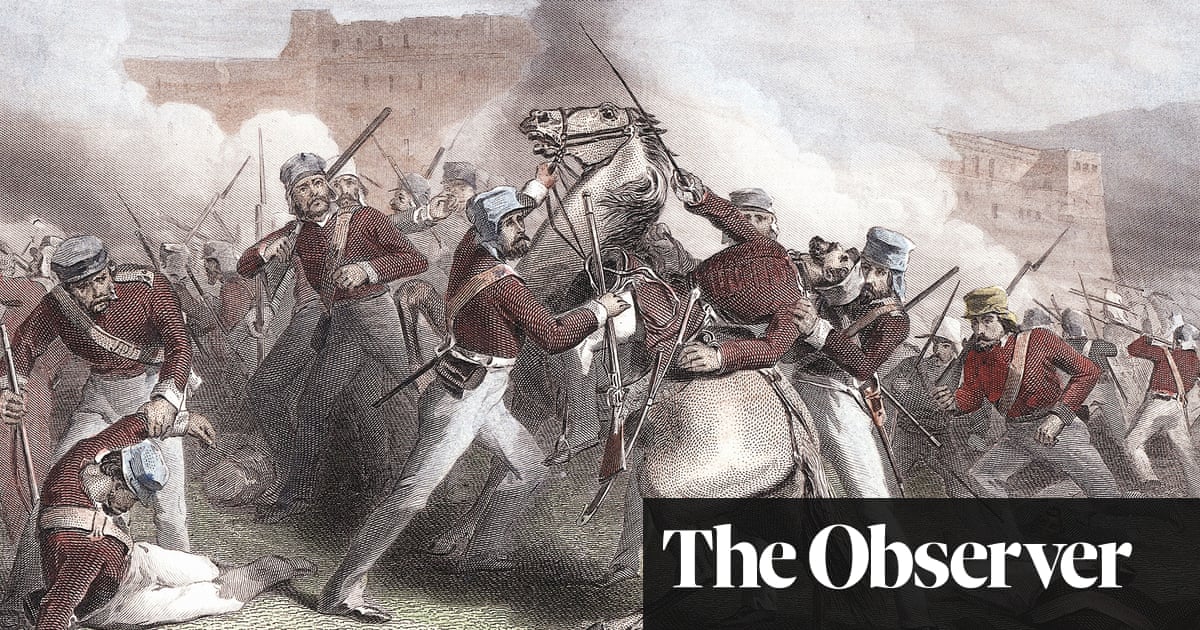A reappraisal of colonialism by an Oxford professor strains credulity and ill serves his aim of defending ‘western values’
In 1857, in the wake of the Indian mutiny, a British officer, Lt George Cracklow, described in a letter home what happened to captured rebels. “The prisoners were marched up to the guns... and lashed to the muzzles,” he wrote. “The guns exploded... I could hardly see for the smoke for about 2 seconds when down came something with a thud about 5 yards from me. This was the head and neck of one of the men... On each side of the guns, about 10 yards, lay the arms torn out at the shoulders.”
Nigel Biggar, in his new history of British colonialism, acknowledges the brutality of Britain’s response to the mutiny but argues that the use of violence is “essential” to any state, as is “the deterrence of others through fear”. He adds: “Whatever one thinks of ‘blowing from a gun’ as a method of execution, it was not indiscriminate, insofar as the victim had been judged guilty of some crime.”
The director of Oxford University’s McDonald Centre for Theology, Ethics and Public Life, Biggar has caused waves in recent years with his call for a moral reappraisal of colonialism. Contemporary historians, he believes, have made us feel too guilty about Britain’s colonial past. We need to recognise not just the bad but also the good of empire. Colonialism is his attempt to create such a moral balance sheet. Continue reading...
http://dlvr.it/SjhDrT
http://dlvr.it/SjhDrT


إرسال تعليق